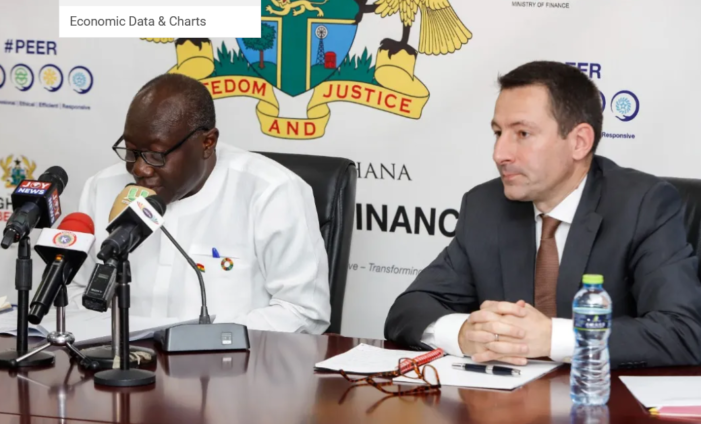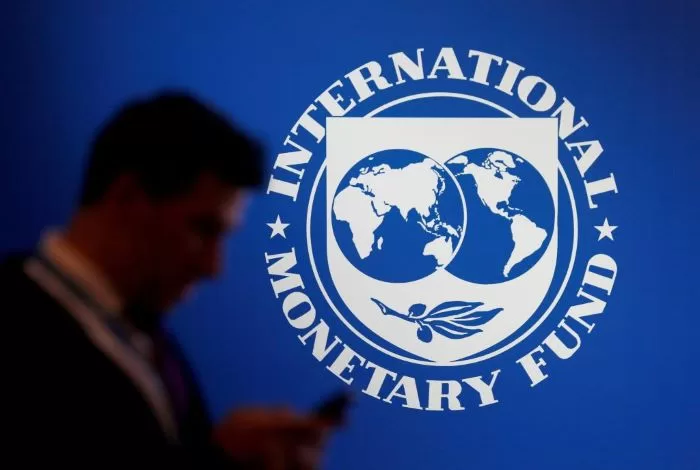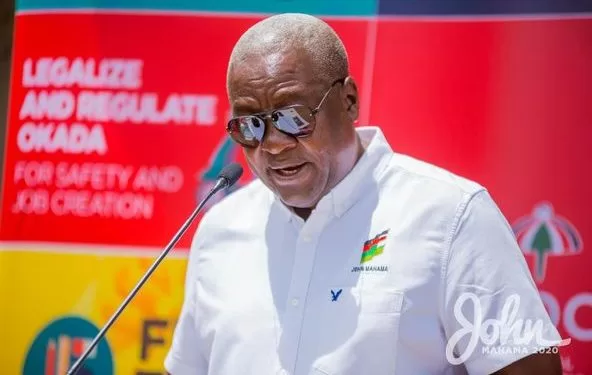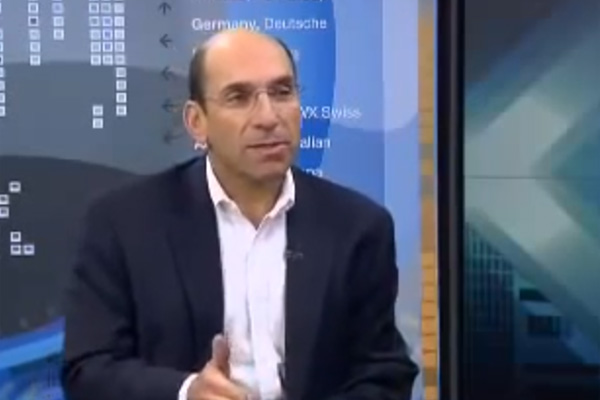Ghana needs assurances from its creditors and partners that it will meet its debt obligations to secure the approval of the Management and Executive Board of the International Monetary Fund (IMF) for the $3 billion loan-support programme.
Mr Stéphane Roudet, the IMF Mission Chief for Ghana, said this at a press briefing in Accra after Ghana and the Fund reached a Staff-Level Agreement (SLA) on Tuesday, which is subject to the Management and Board’s approval. The press briefing was jointly held by the Ministry of Finance, Bank of Ghana BoG) and the IMF.
The loan support programme is aimed at restoring Ghana’s macroeconomic stability and debt sustainability to protect the vulnerable, preserve financial stability, and lay the foundation for strong and inclusive recovery and growth.
The $3bn, when secured, would be used to support the implementation of the Government’s three-year Enhanced Domestic Programme, restore macroeconomic confidence and alleviate the plight of Ghanaians amid the current economic hardship.
Mr Roudet said: “What is necessary for us to be able to present that programme request to the Board is assurances from Ghana’s partners and Ghana’s creditors that the program is fully financed.”
“So, as soon as we have assurances from creditors that is the case, when it’s sufficient for them to be made on that front, we will be able to present the programme to our Board,” he added.
He noted that the Ghanaian authorities have committed to a wide-ranging economic reform
programmes, built on the Government’s Post-COVID-19 Programme for Economic Growth (PC-PEG), to help tackle the deep challenges facing the country.
The Mission Chief assured that the Fund would ensure that measures were put in place to strengthen public expenditure commitment controls, improve fiscal transparency including the reporting and monitoring of arrears.
“Ghana stands ready to complete all Prior Actions before the end-March 2023 but more importantly, Ghana is committed to the IMF Programme as a whole,” the Finance Minister said.
Key deliverables of the programme include the preparation of the PC-PEG), a medium-term macroeconomic framework, Debt Sustainability Analysis (DSA) and Debt Management Strategy.
Others are reforms to address structural bottlenecks, improve competitiveness and promote efficiency and effectiveness, a memorandum of Economic and Financial Policies (MEFP), and an agreement on Prior Actions, which are expected to be completed before the Agreement goes to the Board.


















